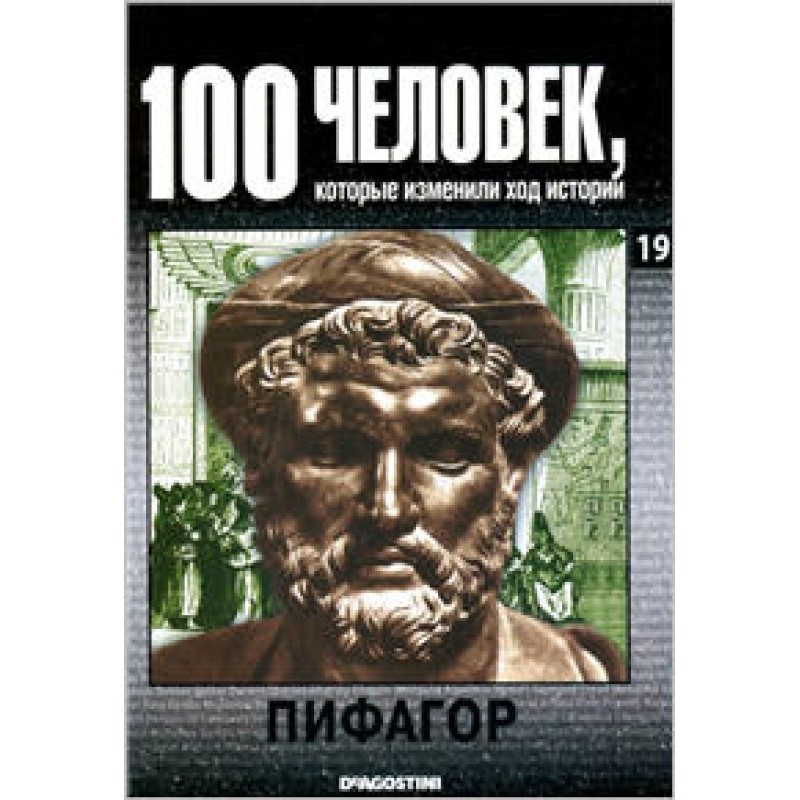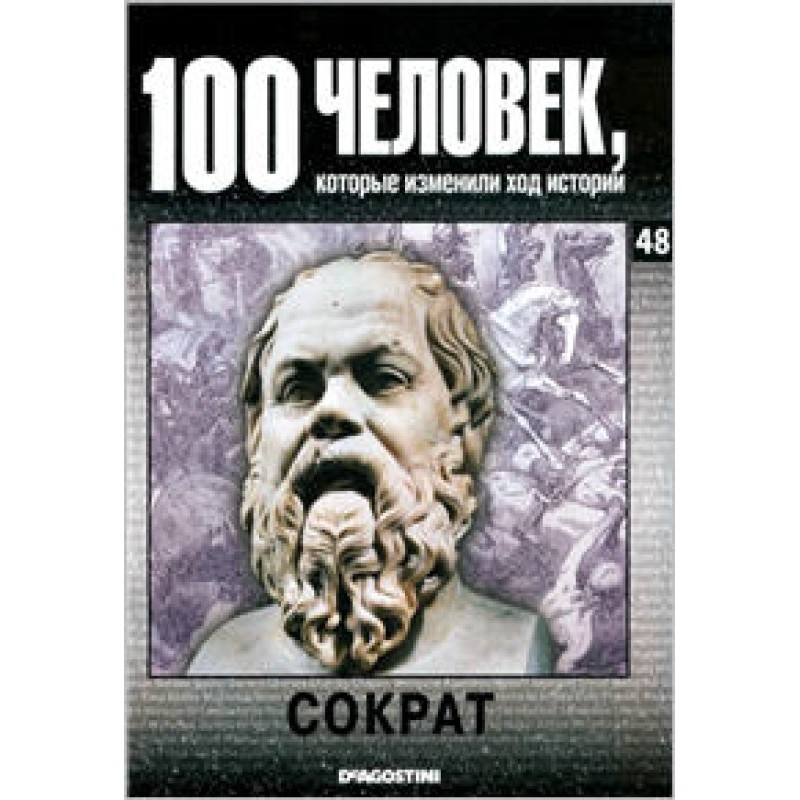Heinrich Schliemann
 Instant download
Instant download
after payment (24/7)
 Wide range of formats
Wide range of formats
(for all gadgets)
 Full book
Full book
(including for Apple and Android)
In the 18th-19th centuries, many European peoples developed an interest in the origins of their culture. Ancient Greece was considered the cradle of European civilization, and archaeological excavations began along the entire coast of the Aegean Sea. But scientists were only able to find the ruins of classical Greece. Everything that Greek legends told about more ancient times was considered by many scientists to be simply a myth with no basis in fact. However, there was a person who not only believed in the reality of the world about which Homer’s poems tell, but also decided to prove it. Heinrich Schliemann (1822-1890) took up archeology only in his declining years. For the first half of his life, this German, who lived in Russia for eighteen years, was successfully engaged in business. But the life of an ordinary bourgeois was not for him: in his fifties, he decided to realize his childhood dream - to find the Troy described by Homer. Not a single recognized scientist would take on such a task, but the amateur Schliemann almost succeeded. Having accepted Homer's Iliad as a historically accurate description of the war, he began to look for a place that matched the descriptions of Troy. In April 1870, having begun excavations of the Ghisarlik hill, he discovered several cities under it, built one on top of the other. On June 15, 1873, on the last day of excavations, Heinrich Schliemann discovered a cache of gold items; he called this find “Priam’s Treasure” (as it later turned out, these treasures were buried a thousand years before the events of the Iliad). In 1876, Schliemann discovered shaft tombs at Mycenae - the first evidence of the existence of Mycenaean culture. Although Schliemann himself attributed the monuments he found to the era of the Trojan War, many of them turned out to be much older (III-II millennium BC). Schliemann's search had a significant impact on the development of archeology and marked the beginning of the study of the most ancient stage of the history of Greece and Aegean culture.
Data sheet
- Name of the Author
- Анастасия Жаркова Евгеньевна
- Language
- Russian
Reviews
Невтомний шукач істини
Книга про Генріха Шлімана - це захоплююча подорож у світ археології, історії та неймовірних відкриттів. Автор майстерно передає дух епохи, коли наука і міфологія перепліталися, а пошуки давніх цивілізацій ставали справжнім викликом для вчених. Шліман, який, незважаючи на свій пізній початок у археології, став символом невтомного прагнення до істини, надихає читача своєю рішучістю та відвагою. Його відкриття, зокрема «Клад Пріама», стали не лише археологічними сенсаціями, але й змінили уявлення про історію Греції. Книга не лише розповідає про його життя та досягнення, але й порушує важливі питання про взаємозв'язок між міфом та реальністю, наукою та мистецтвом. Це обов'язкове читання для всіх, хто цікавиться історією, археологією та культурною спадщиною людства. Вона відкриває нові горизонти розуміння нашого минулого та показує, як одна людина може змінити хід історії.



























